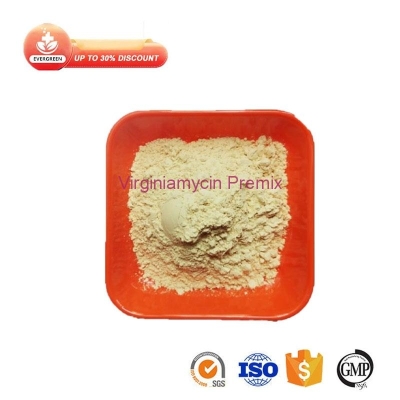Overview of the International Soybean Market
-
Last Update: 2001-12-04
-
Source: Internet
-
Author: User
Search more information of high quality chemicals, good prices and reliable suppliers, visit
www.echemi.com
Lead: Indonesia: U.S soybean meal sales to Indonesia may be affected in the near future, as Jakarta delayed approval of the U.S credit plan, forcing many buyers to stop trading Many Indonesian buyers are waiting for the government's approval of the US credit guarantee plan for 2001 / 02 (October September of the following year), and some traders are starting to buy Indian soybean meal Importers and exporters are eager to wait for the government to approve the plan And Jakarta imposed an import ban on South American soybean meal in the early part of this year, which led Indonesia to import about 700000 tons of American soybean meal in 2001, up from about 250000 tons last year It is reported that Indonesian soybean meal traders buy the same amount of soybean meal from India due to the seasonal peak Traders expect the us to boost exports to Indonesia from April, when India's seasonal peak disappears In 1998, feed production in Indonesia decreased from 6.5 million tons before the economic crisis to 2.1 million tons Domestic feed processors expect commercial feed production to increase by 10% to 5.5 million tons in 2001 compared with last year's 5 million tons South Korea: South Korean TS Company and some feed processors jointly purchased 13000 tons of soybean meal from international TOEFL from Chinese and Indian sources The transaction price has not been announced, but if the shipment date from India is February 4-23, if the shipment date from China is February 23-march 15 The minimum protein content of Chinese soybean meal is 46%, while that of Indian soybean meal is 46.5% In addition, two other companies, Pusan branch of South Korean Feed Association and mfg, a bulk feed processing group, purchased 23800 tons of soybean meal from Wilmar in Singapore through private negotiation The soybean meal is also available from India or China KFA Busan purchased 12300 tons of soybean meal and mfg purchased 11500 tons of soybean meal The quotation of 12300 ton batch of Indian soybean meal is USD 193.50/ton C & F Weishan, and the shipping date is March 1 to April 10 The quotation price of the same quantity of Chinese soybean meal is the same, but the shipping date is March 21 to April 10 Similar to the second batch of 11500 tons of mfg to purchase soybean meal, India and China both quoted 193.50 USD / ton C & F Busan But the shipping date is March 6 to April 15 in India and March 26 to April 15 in China Europe: European soybean meal prices have risen slightly in the past few weeks due to a stronger US dollar exchange rate This led to a 4.9% increase in UK soybean meal prices from 153.50 pounds per ton last week to 161 pounds ($228) per ton But traders warned that a stronger dollar could lead to lower long-term demand and prevent prices from rising further At the same time, it was discussed last week to separate genetically modified soybeans from traditional varieties, which will double the import cost of EU importers The European Union's new proposal that genetically modified food must be labeled has been formally submitted, but American farms and industry groups are worried about poor operability and may be forced to claim two separate product lines But if the EU government and the European Parliament approve the proposal, it will require the import of genetically modified soybeans and cereals as well as processed food to be clearly identified with the production process and source Brazil: there are reports that Brazil's soybean exports have declined in the past two weeks due to inappropriate real exchange rate and tight supply In the past two weeks, Brazil's new soybean sales increased by 164000 tons, soybean meal sales increased by 131000 tons and soybean oil sales increased by 6000 tons Analysts claim that the decline in exports is due to the devaluation of the Brazilian exchange rate.
This article is an English version of an article which is originally in the Chinese language on echemi.com and is provided for information purposes only.
This website makes no representation or warranty of any kind, either expressed or implied, as to the accuracy, completeness ownership or reliability of
the article or any translations thereof. If you have any concerns or complaints relating to the article, please send an email, providing a detailed
description of the concern or complaint, to
service@echemi.com. A staff member will contact you within 5 working days. Once verified, infringing content
will be removed immediately.







